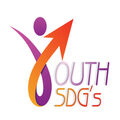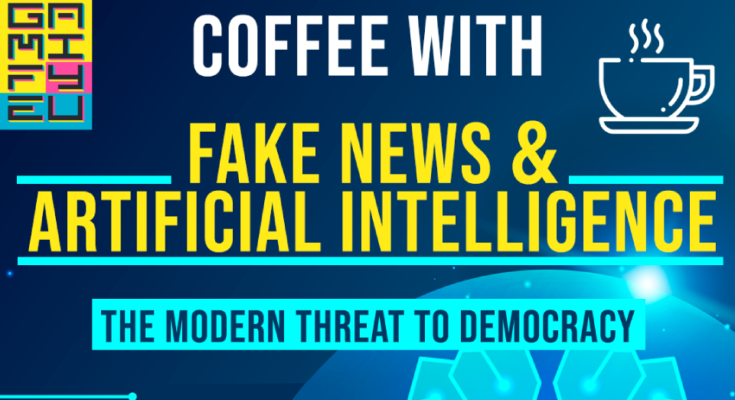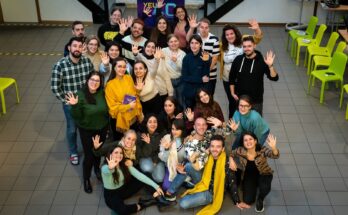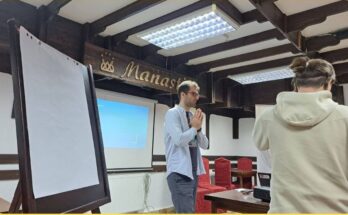During the past month of February, two Coffee With events took place. The first one, on 11th February, was about Youth Initiatives and the Pandemic: how young people are dealing with pandemic through volunteering. For the occasion, we invited three experts in youth: Giulia Bordin from the Centre for European Volunteering; Nami Isaki from the Advisory Council on Youth; and Panagiotis Chatzimichail from the European Youth Forum to discuss the different initiatives undertaken by young people and how COVID19 has affected all of us in a both negative and positive manner.
One of the main points to discuss was how solidarity hasn’t disappeared despite the difficulties. New groups of young people started to volunteer to solve arising problems. Some of these solutions were grocery shopping for older people, online activities for those that are isolated, and psychological support for all those in need.
For youth organisations, work was not easy. The volunteering activities and mobility projects were affected. They dealt with the banning of offline activities, which forced them to move into the online paradigm. Organisations became vulnerable due to the cut of activities, the lack of participants and the difficulty of getting young people engaged through online events.
Despite these hardships, youth organisations were able to adapt to new activities and event formulas. Many training courses on digital skills were developed to help youth leaders and youth workers.
The second ‘coffee with’ event that took place on February 25th was about ‘Artificial Intelligence. The MEP Mikuláš Peksa attended together with Eline Jeane from the ‘DetAct’ project and Giulia Dessi from the ‘Get the Trolls Out’ project.
We tackled the issue of Fake News, which was defined as a piece of information that seemed true, but in reality, it’s completely fake. The main issue is that the content consumed by a person is tailored according to the content he or she consumes. Therefore, if the person does not have the tools to detect fake news, the social media algorithm will offer more fake news content, leading the person to believe all the information they process. The speakers agreed that politicians are starting to tackle this problem now due to the enormous risk it poses to society and they acknowledge there is a strong need to regulate social media platforms.
During the event, MEP Mikuláš Peksa highlighted that Artificial Intelligence is not objective. If the content provided to this technology is biased, then the results will be biased, causing a threat to society.
In the last part of the talk, some tools were proposed to detect fake news: fact-checkers, critical thinking, and cross-referencing. Fact-checkers posed a problem, though: who is the person that decides what’s real or fake? There should be a regulation to avoid conflict of interests.
In conclusion, we reached an agreement through a fruitful conversation that education, proper legislation, and media platforms’ accountability of their acts were the main solutions.





